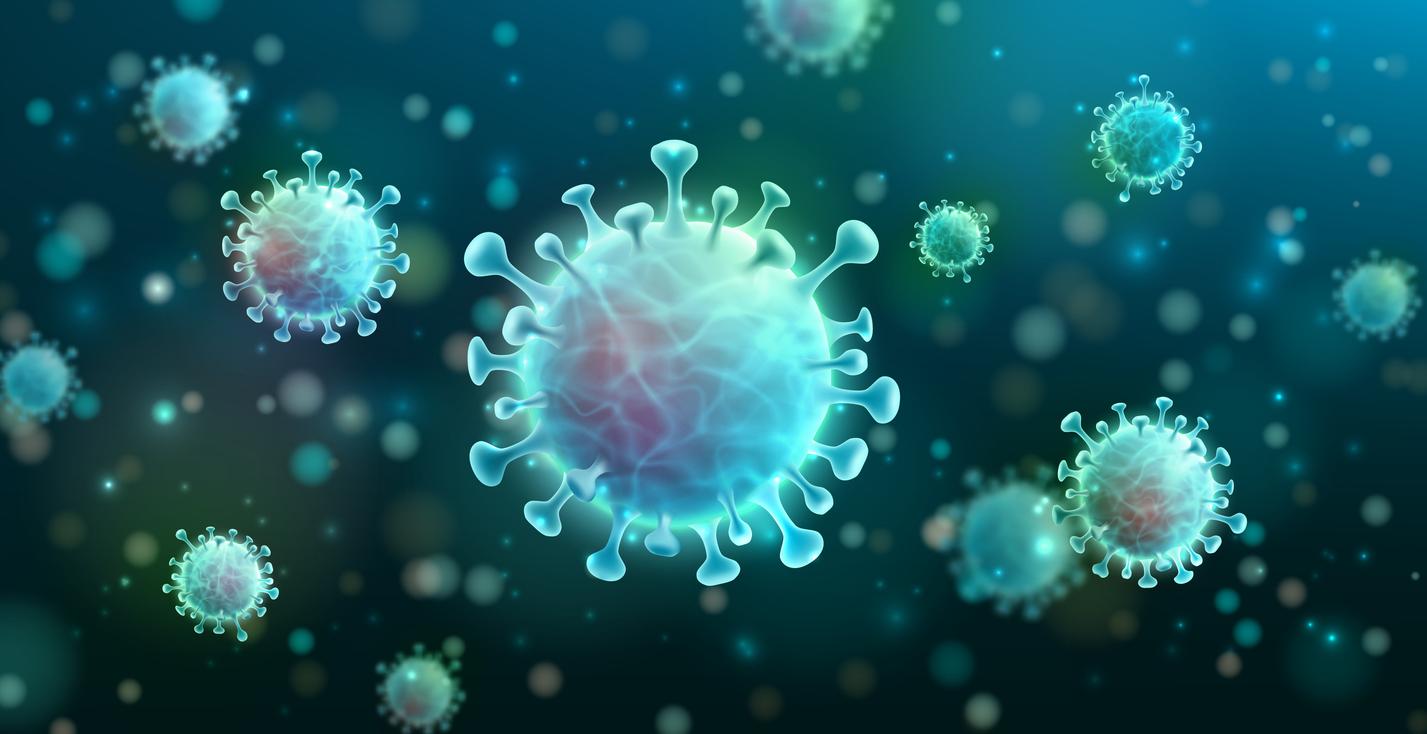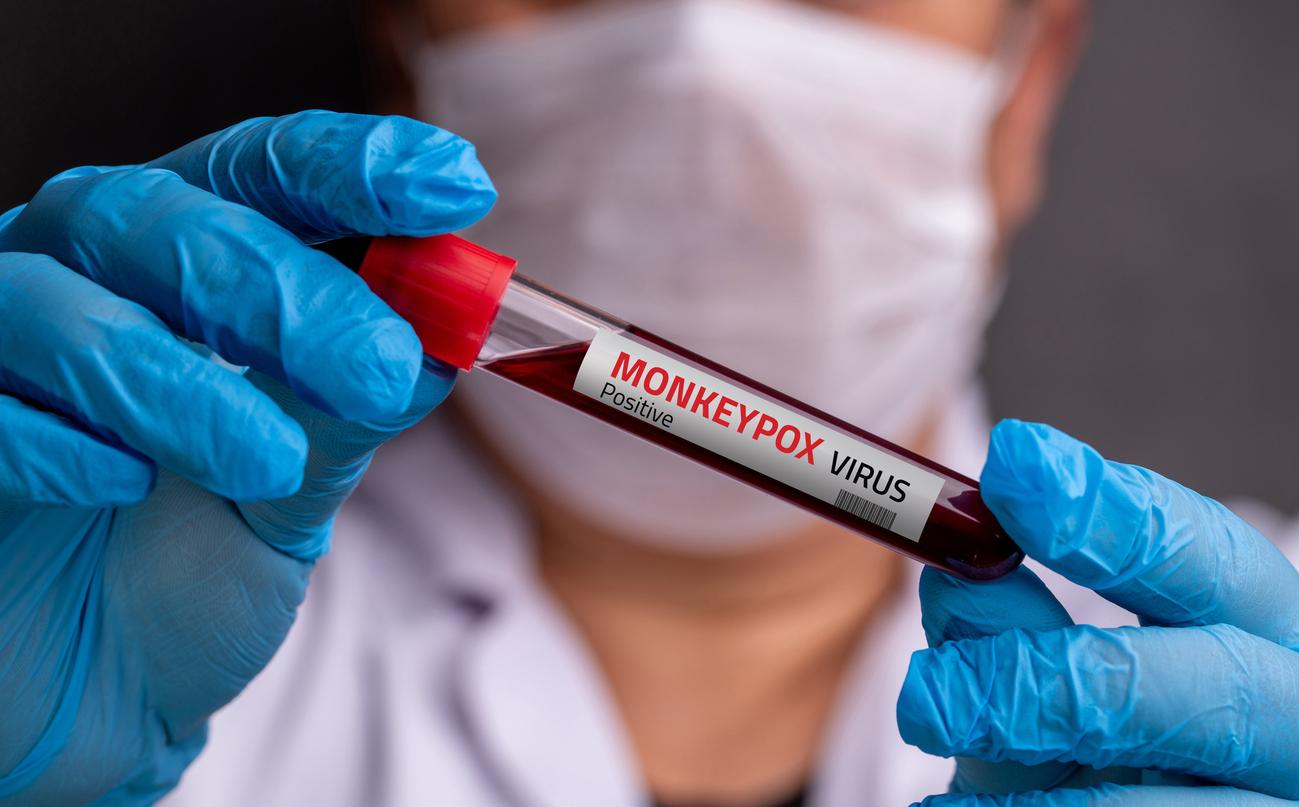
Researchers at the University of Georgia in the United States have shown that molnupiravir, an antiviral originally developed to treat influenza, could block the transmission of Covid-19 within 24 hours. The results of the study were published in the journal Nature Microbiology on December 3, 2020. Let’s take stock.
Tests that have been shown to be effective on ferrets
To demonstrate the effectiveness of molnupiravir (scientifically called MK-2282 / EIDD-2081), researchers at the University of Georgia in the United States used ferrets. Administered orally or intravenously, this antiviral treatment had already been proven in several animals. If scientists have used ferrets, it’s because they have the same coronavirus receptors as humans.
According to the study’s authors: “ ferrets and related members of the weasel genus transmit the virus efficiently with minimal clinical signs “. In addition, Dr. Robert Cox, co-director of the study, explains “ we believe ferrets are relevant transmission models because they transmit SARS-CoV-2 quickly but do not develop a severe form of the disease in most cases, which closely resembles the spread of SARS-CoV- 2 in young adults “.
According to the results of the analyzes, the study showed that: “ therapeutic treatment of animals infected with MK-4482 / EIDD-2801 twice daily significantly reduced the burden of SARS-CoV-2 in the upper respiratory tract and completely suppressed the spread to untreated contact animals “.
Mitigate the risk of progression, accelerate healing and avoid isolation
Although the efficacy of molnupiravir in humans has not yet been proven, the researchers nevertheless indicated that if “ data from the transmission of SARS-CoV-2 on ferrets are predictive of the effect in humans, patients with Covid-19 could become non-infectious within 24 to 36 hours of starting oral treatment “.
According to them, this antiviral treatment has a triple advantage if it is initiated quickly after infection: ” it can decrease the risk of progression to a severe form of the disease and accelerate recovery, reduce the emotional and socio-economic burden associated with the necessary prolonged isolation and help to quickly extinguish local epidemic foci “.
Currently in phase 2, molnupiravir is being tested on patients with Covid-19 at three different doses every 12 hours for 5 days. The test results will not be available until but 2021, although molnupiravir could have many benefits, the researchers would still like to continue their analysis of the potential dangers of molnupiravir. Indeed, this antiviral treatment could have mutagenic properties leading to congenital malformations.
















